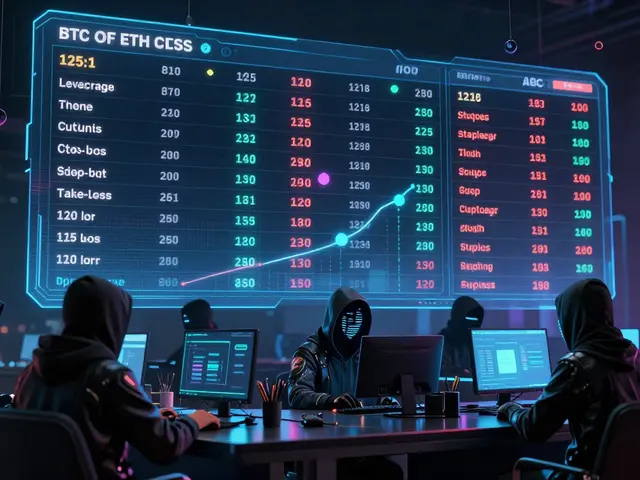IslandSwap Scam: What Happened and How to Avoid Similar Crypto Scams
When you hear about the IslandSwap scam, a DeFi project that disappeared after raising funds and abandoning its token, you’re not just hearing about one failed startup—you’re seeing a pattern. IslandSwap was promoted as a decentralized exchange on BNB Chain with high yields, low fees, and a strong community. Then, in a matter of days, the liquidity vanished, the website went dark, and the team vanished. This is what a rug pull, a type of crypto scam where developers drain funds and abandon a project looks like in real time. It’s not rare. In 2024 alone, over $1.2 billion was lost to rug pulls, and IslandSwap was just one of dozens that followed the same script.
What makes IslandSwap different isn’t the scale—it’s how clean the exit was. No warnings. No drama. No last-minute tweet. Just a silent withdrawal of liquidity, leaving holders with worthless tokens. The project had no real utility, no audited code, and no transparent team. Sound familiar? That’s because it’s the same setup used in dozens of other failed projects like EzyStayz (EZY) and CookSwap. These aren’t accidents. They’re designed to look legitimate long enough to attract investors, then vanish. The DeFi fraud, a deliberate deception in decentralized finance that exploits trust and lack of regulation thrives on hype, not technology. You don’t need a PhD to spot it—you need to ask the right questions: Who’s behind it? Is the code public? Is the liquidity locked? Are the social channels active beyond paid promoters?
Most victims don’t lose money because they’re gullible. They lose it because they assume if a project is on a major chain like BNB Smart Chain, it’s safe. But blockchain doesn’t guarantee legitimacy. It just makes the theft faster and harder to trace. That’s why tools like Token Sniffer and RPHunter exist—to flag projects with hidden owner privileges, unverified contracts, or sudden liquidity changes. IslandSwap didn’t get flagged because no one checked. And that’s the real lesson here: IslandSwap scam isn’t a cautionary tale about a bad project. It’s a warning about what happens when you stop asking questions. Below, you’ll find real case studies of similar scams, breakdowns of how they were built, and the exact red flags you can check before your next investment. No fluff. No hype. Just what to look for before you click "Connect Wallet".




